Navigating the City of Lights: A Comprehensive Guide to Las Vegas
Related Articles: Navigating the City of Lights: A Comprehensive Guide to Las Vegas
Introduction
With great pleasure, we will explore the intriguing topic related to Navigating the City of Lights: A Comprehensive Guide to Las Vegas. Let’s weave interesting information and offer fresh perspectives to the readers.
Table of Content
Navigating the City of Lights: A Comprehensive Guide to Las Vegas

Las Vegas, Nevada, the entertainment capital of the world, draws millions of visitors annually. Its iconic skyline, glittering casinos, and vibrant nightlife are legendary. However, navigating this sprawling city can be daunting, especially for first-time travelers. This comprehensive guide explores the various ways to navigate Las Vegas, providing insights into its unique layout and transportation options.
Understanding the City’s Layout
Las Vegas is structured around the Las Vegas Strip, a four-mile stretch of South Las Vegas Boulevard that houses the majority of the city’s renowned casinos, hotels, and entertainment venues. The Strip runs north-south, with the northern end bordering Paradise, Nevada, and the southern end extending into Clark County.
The city’s core, known as Downtown Las Vegas, is located approximately four miles east of the Strip. This area features historical landmarks, vintage casinos, and a vibrant arts scene.
The Importance of a Map
A comprehensive map is crucial for navigating Las Vegas effectively. It provides a visual representation of the city’s layout, helping visitors understand the distances between attractions, identify transportation options, and plan their itineraries.
Digital Maps: Your Essential Travel Companion
In the digital age, mobile navigation apps like Google Maps, Apple Maps, and Waze have become indispensable tools for travelers. These apps offer real-time traffic updates, estimated travel times, and turn-by-turn directions, making it easy to navigate the city’s complex road network.
Printable Maps for Offline Exploration
While digital maps are convenient, it’s advisable to have a printable map as a backup. These maps are useful for planning your itinerary, understanding the overall layout, and referencing locations even when offline.
Transportation Options in Las Vegas
1. Driving
Driving is a popular mode of transportation in Las Vegas, offering flexibility and freedom to explore at your own pace. However, navigating the city’s heavy traffic, limited parking, and complex road network can be challenging.
2. Public Transportation
The Regional Transportation Commission of Southern Nevada (RTC) operates an extensive public transportation system, including buses, light rail, and paratransit services. This system provides a cost-effective way to navigate the city, particularly for those traveling between the Strip and Downtown Las Vegas.
3. Taxis and Ride-Sharing Services
Taxis and ride-sharing services like Uber and Lyft are readily available throughout the city, offering convenient door-to-door transportation. However, fares can be expensive, especially during peak hours.
4. Walking
The Strip is designed for pedestrian traffic, with sidewalks and crosswalks connecting casinos, hotels, and attractions. Walking is a viable option for exploring the Strip and its immediate surroundings.
5. Monorail
The Las Vegas Monorail offers a convenient and scenic way to travel between the Strip’s major hotels and attractions. It runs along the west side of the Strip, connecting stations at major casinos like MGM Grand, Caesars Palace, and the Las Vegas Convention Center.
Exploring the City’s Landmarks
1. The Las Vegas Strip
The Strip is the heart of Las Vegas, boasting iconic casinos like the Bellagio, Wynn, and Venetian, each with its unique architecture and entertainment offerings. The Strip is a visual spectacle, with dazzling lights, elaborate fountains, and themed hotels creating a truly immersive experience.
2. Downtown Las Vegas
Downtown Las Vegas, also known as Fremont Street, offers a different kind of experience. It features historic casinos, vintage neon signs, and a vibrant nightlife scene. The Fremont Street Experience, a pedestrian mall with a massive video canopy, is a popular attraction.
3. The Hoover Dam
A short drive from Las Vegas, the Hoover Dam is a marvel of engineering and a testament to human ingenuity. Visitors can take tours of the dam, explore the surrounding area, and witness its impressive scale.
4. Red Rock Canyon National Conservation Area
For those seeking outdoor adventure, Red Rock Canyon offers stunning natural beauty. Its red rock formations, hiking trails, and scenic drives provide a welcome escape from the city’s hustle and bustle.
FAQs
Q: What is the best time to visit Las Vegas?
A: The best time to visit Las Vegas depends on your preferences. Spring and fall offer pleasant weather, while summer is hot and crowded. Winter is cooler but can be unpredictable.
Q: How much money should I budget for a trip to Las Vegas?
A: The cost of a trip to Las Vegas varies depending on your travel style and preferences. Accommodation, dining, entertainment, and transportation costs can fluctuate significantly.
Q: Is Las Vegas safe for travelers?
A: Las Vegas is generally safe for travelers, but it’s important to exercise common sense and take precautions, especially at night.
Q: What are the must-see attractions in Las Vegas?
A: Must-see attractions in Las Vegas include the Bellagio Fountains, the High Roller Observation Wheel, the Fremont Street Experience, and the Hoover Dam.
Tips
- Plan your itinerary in advance: Research attractions, shows, and events to make the most of your time.
- Book accommodation early: Hotels in Las Vegas are often booked well in advance, especially during peak seasons.
- Consider purchasing a Las Vegas Pass: This pass offers discounts on attractions, shows, and tours.
- Stay hydrated: The desert climate can be harsh, so drink plenty of water, especially when outdoors.
- Be aware of your surroundings: Exercise caution, especially in crowded areas.
Conclusion
Navigating Las Vegas requires careful planning and a good understanding of the city’s layout and transportation options. By utilizing digital maps, printable maps, and a variety of transportation methods, travelers can explore this vibrant city effectively and experience all it has to offer. From the dazzling lights of the Strip to the historic charm of Downtown Las Vegas, a trip to the City of Lights is an unforgettable experience.
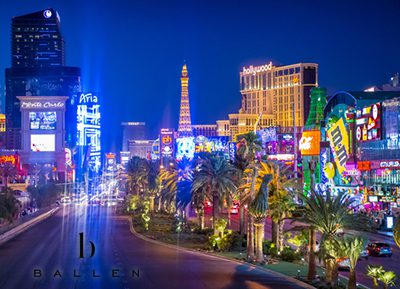

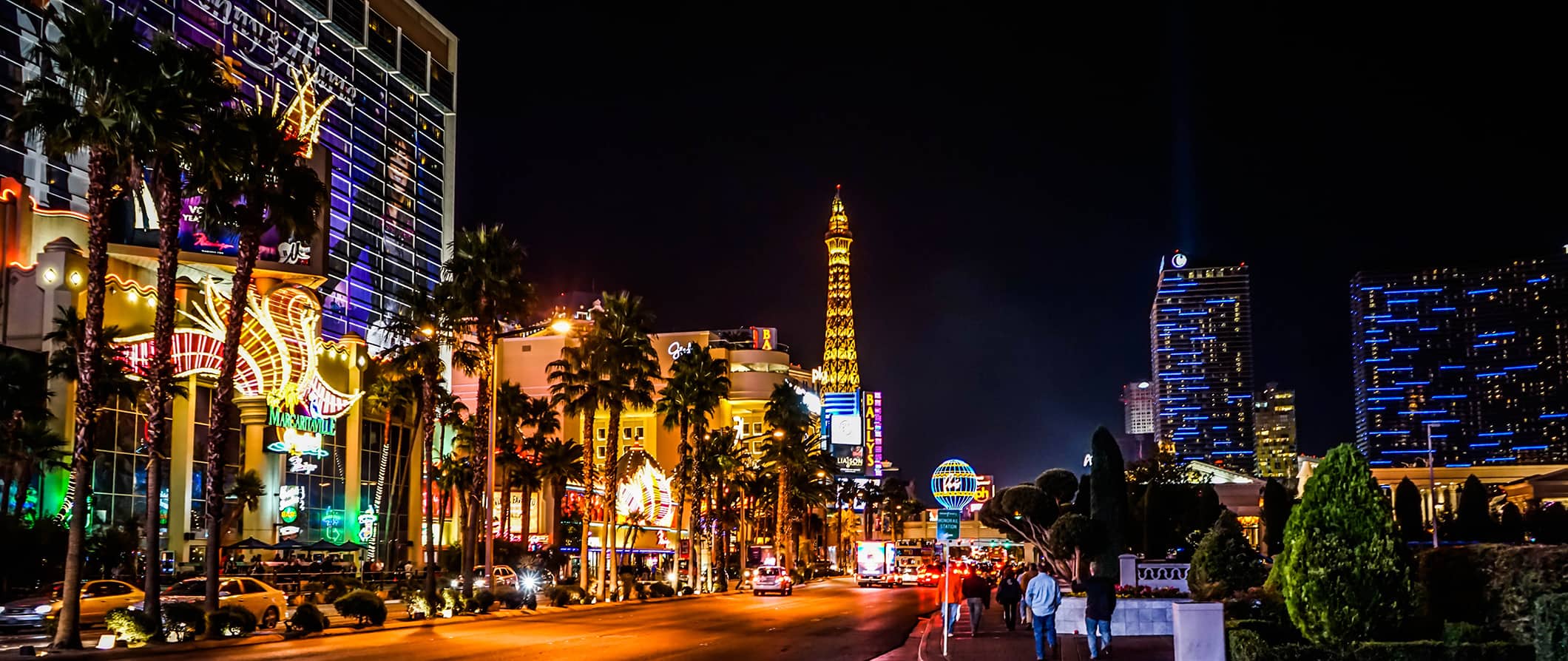
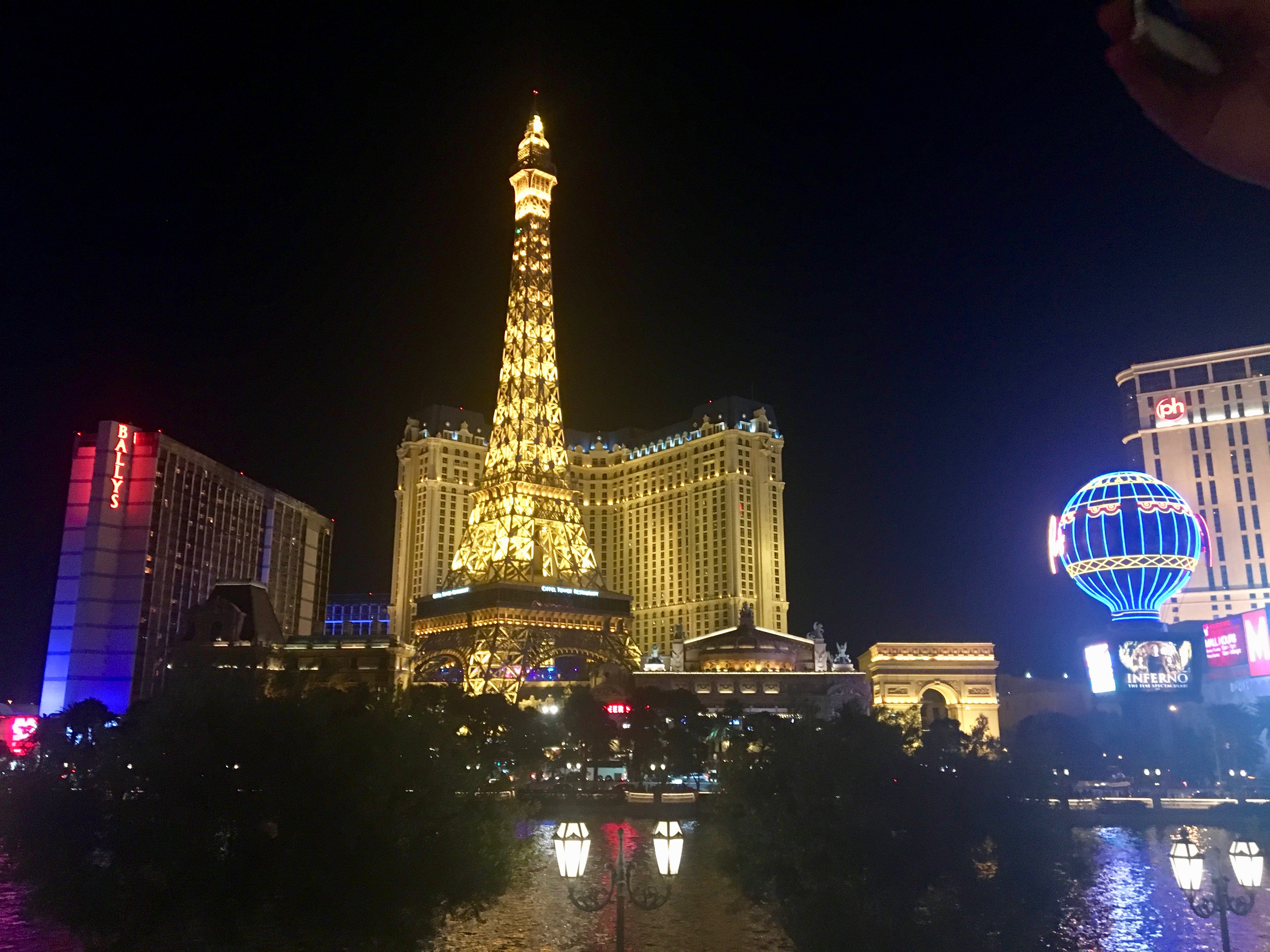
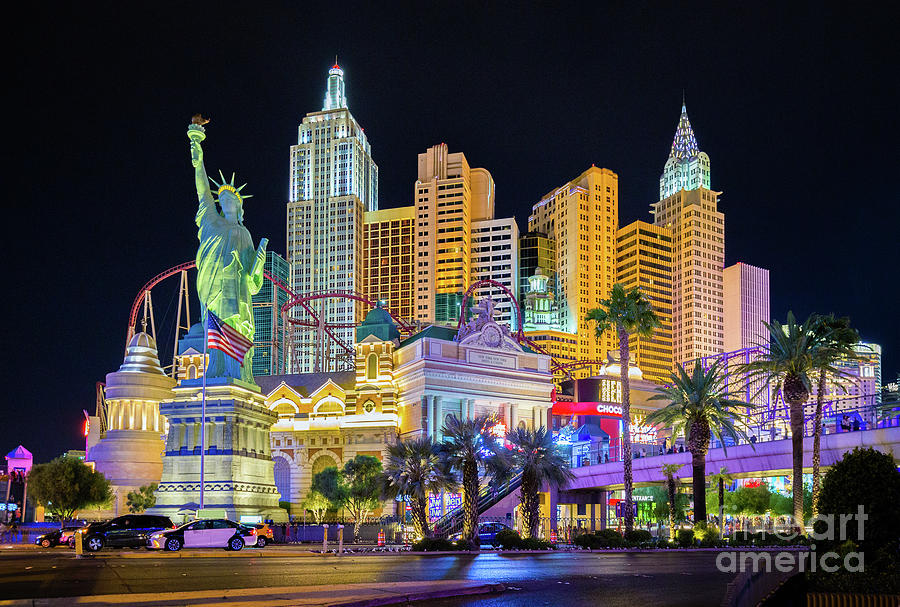


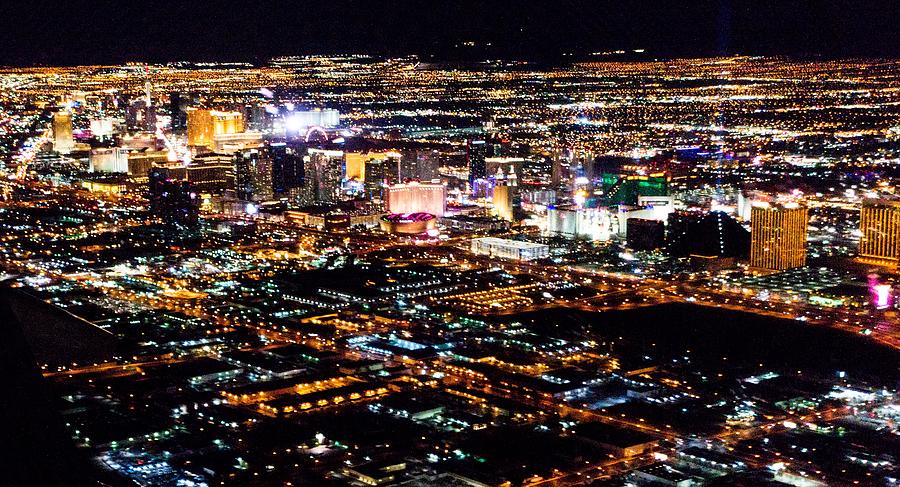
Closure
Thus, we hope this article has provided valuable insights into Navigating the City of Lights: A Comprehensive Guide to Las Vegas. We thank you for taking the time to read this article. See you in our next article!